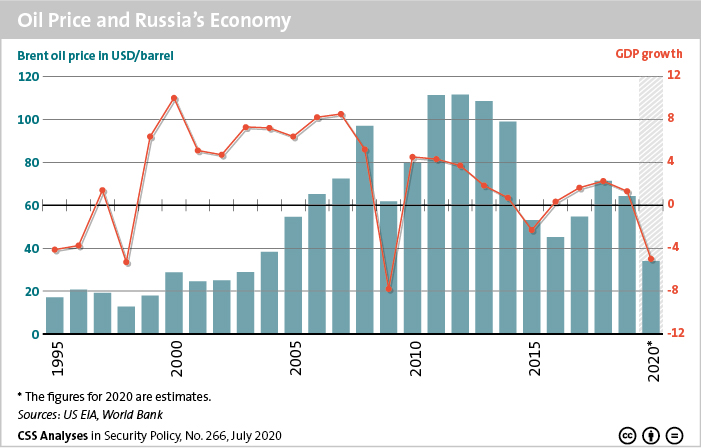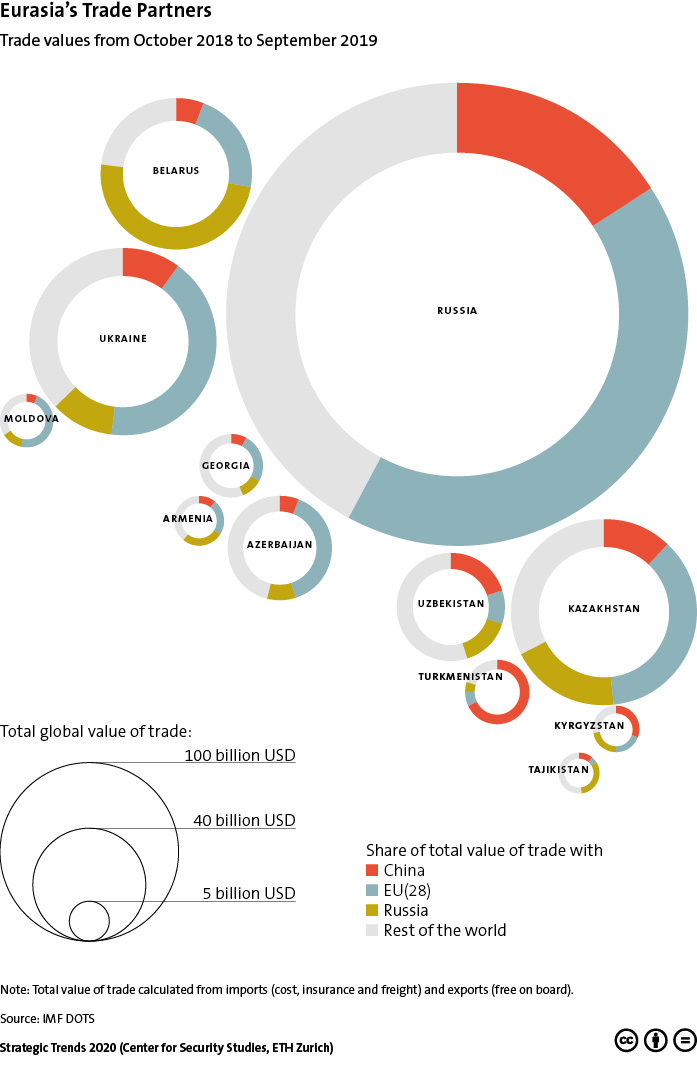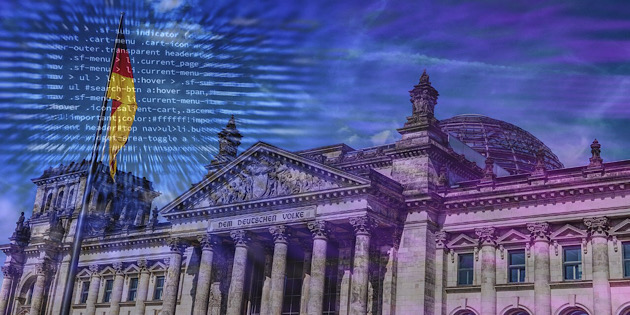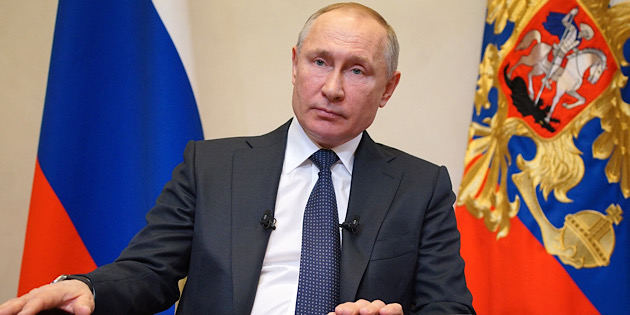Image courtesy of Tech. Sgt. Brian Ferguson/DVIDS
This blog belongs to the CSS’ coronavirus blog series, which forms a part of the center’s analysis of the security policy implications of the coronavirus crisis. See the CSS special theme page on the coronavirus for more.
Various nuclear milestones in 2020 have provided important opportunities to raise awareness on the role of nuclear weapons in national security strategies, their impact on communities, the state of arms control treaties, and progress in nuclear disarmament. While the Nuclear Non-Proliferation Treaty Review Conference on its 50th anniversary was rescheduled due to the pandemic, the delay could enable member states to further engage in dialogue, seek compromises, and suggest new initiatives. Depending on when and how the conference will eventually take place, the coronavirus crisis might even bring much-needed change to conference proceedings.





